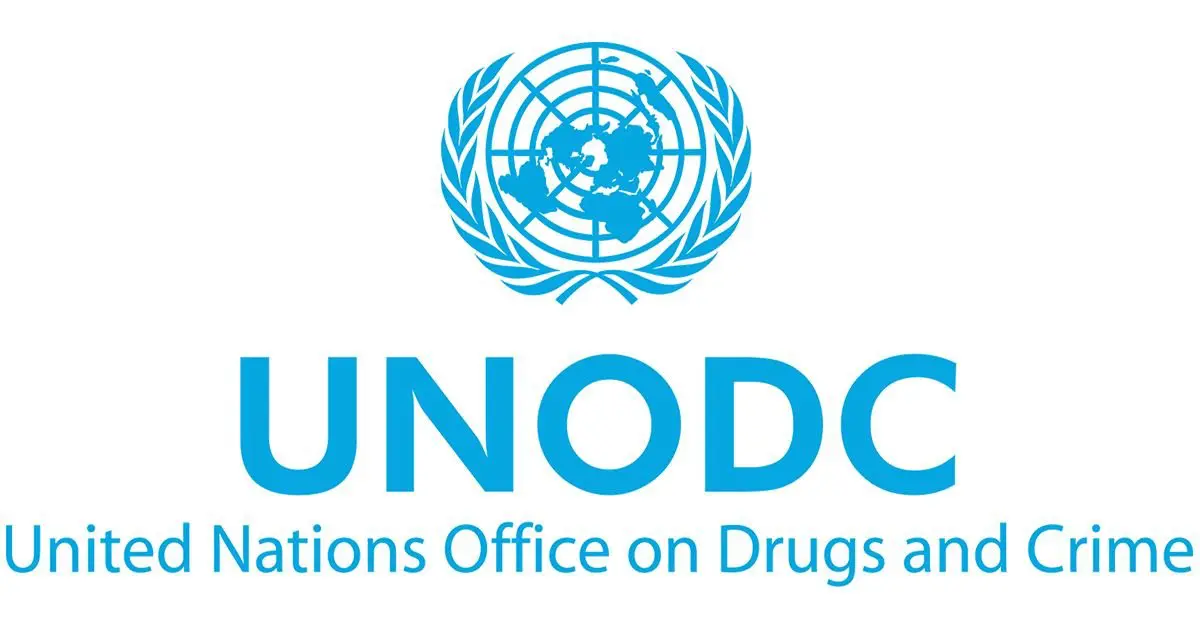“The United Nations Office on Drugs and Crime (UNODC) has cautioned that the Nigerian Senate’s proposal to impose capital punishment on drug trafficking offenders may not significantly reduce the prevalence of such crimes. Oliver Stolpe, the Country Representative of UNODC, delivered this assessment during a two-day media personnel training session on anti-corruption, police accountability, wildlife crime, and sensitization on drugs prevention, treatment, and care (DPTC), organized by UNODC, the National Drug Law Enforcement Agency (NDLEA), and other partners in Abuja.
Stolpe emphasized that the deterrent effect of the death penalty has not been convincingly proven and reiterated the UN’s stance against capital punishment. He underscored the need for a clear distinction between drug trafficking offenses and drug use, asserting that drug addiction should be treated as a health issue rather than a criminal one.
Regarding the outdated drug data in Nigeria, Stolpe highlighted the necessity for updated surveys, noting that the most recent national drug survey was conducted in 2018 and may not accurately reflect the current drug usage trends in the country.
Brigadier General Buba Marwa (retired), Chairman and Chief Executive Officer of NDLEA, emphasized the crucial role of the media in Nigeria’s fight against drug abuse and trafficking. Marwa, represented by NDLEA Secretary Shedrach Haruna, recognized the media as a vital partner in promoting transparency, accountability, and awareness in law enforcement efforts.”

